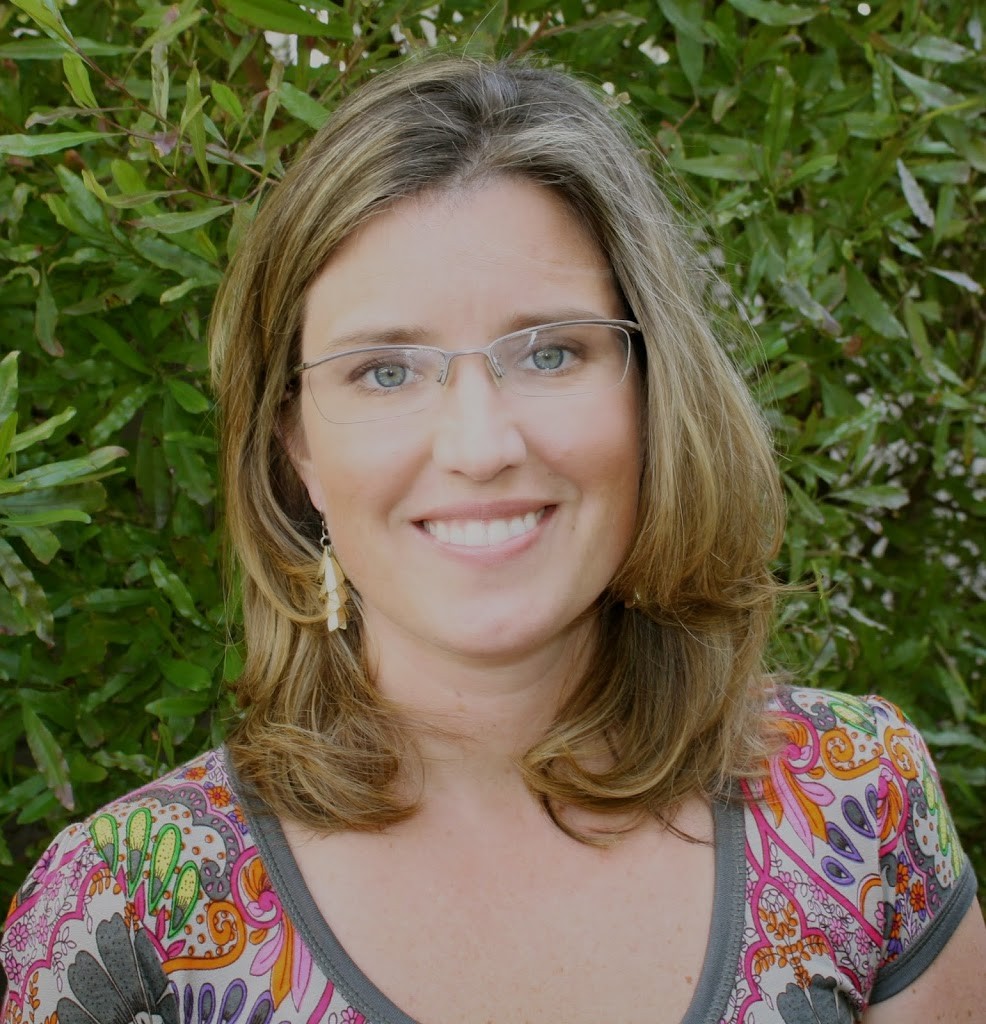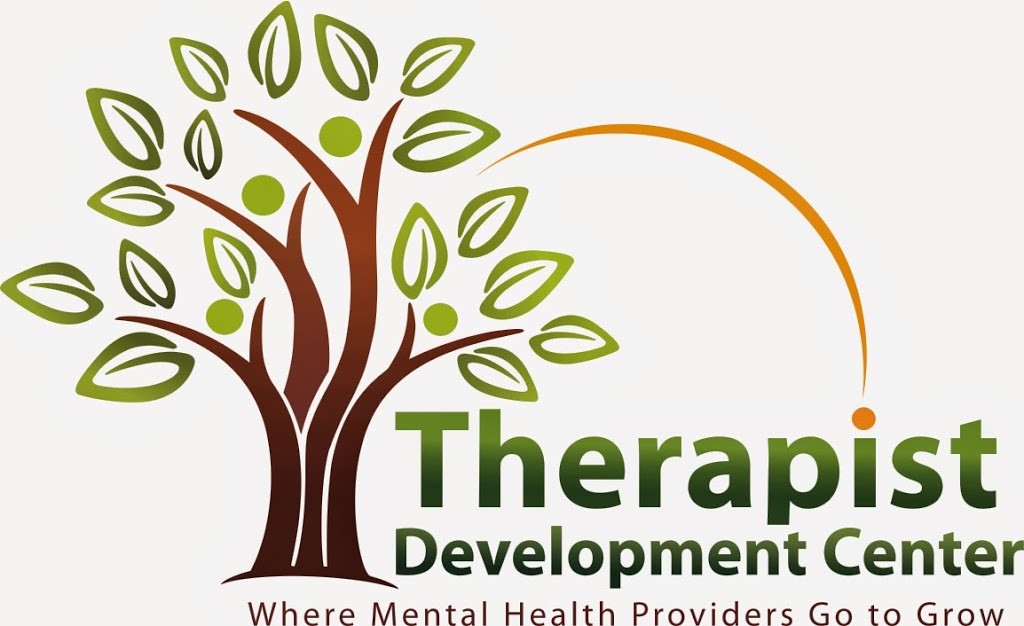Amanda Rowan, LCSW
Are you considering taking a course to help you prepare for the social work licensure exam? Have you wondered what makes the Therapist Development Center (TDC) different from other online study preparation courses?
This is the third in a series of interviews with the major social work exam prep firms. Amanda Rowan, LCSW is the founder and head coach at the Therapist Development Center (TDC).
TDC has been around since 2008. A competitive analysis was conducted prior to the firm’s creation; this involved a thorough review of all the materials offered by all the licensing prep companies in the market. This analysis directed Amanda’s development of the study materials for TDC.
TDC provides the following special benefits:
- test-taking strategies and the requisite reasoning skills to understand how to approach the questions (and understand the correct responses)
- free coaching (you can submit a question at any point and one of their coaches will call you back)
- an organized study plan that you can modify based on your schedule/availability
Hi, Amanda: How did the Therapist Development Center come about?
I started TDC after I had my second daughter in 2010. But I had the plan to start in back in 2008 when I was studying for my social work licensing exam. When I look back on my life, I now see that TDC was what I was meant to do with my life as it is the perfect combination of everything I love: clinical social work, neuroscience of learning, teaching and helping people.
Through high school and college I taught test preparation for Kaplan Test Prep. So I was familiar with the importance of teaching test taking strategies. In college, I majored in neuroscience with an emphasis on the science of learning (including test taking). I have always done really well on standardized exams.
I was very excited to study for my social work licensing exam – until I actually got the study materials. It was clear right way that the other prep companies did not understand how people learn. They just piled on material with no direction or strategies. And when I actually took the exam, it was nothing like the materials I had used to prepare.
While I was studying, I told Sharon, a social work friend at my job, that I was going to start my own company. Once I got licensed I went to work for a California based company, Gerry Grossman Seminars, and taught there for 2 years before going off on my own.
We developed our program, I worked with some of the social workers I had coached to develop an efficient study system that focuses on the reasoning questions that make up most of the exam. We wanted to be the best so we purchased materials from 8 different companies and reviewed them all.
We found the same thing – they all emphasized content over reasoning. They were dry and boring – one was written in outline form?!? – and very difficult to get through.
Together, based on our experience taking the real exam, we came up with the top 50 topics tested and made recordings that taught people the essential information in an easy to learn way. Not only does our program help people pass, it also makes them better social workers.
How is TDC different from other test preparation courses?
We are the only program created by social workers who have actually taken the exam. I scored a 94% on the clinical exam. All my coaches have score 90% or higher. We really know what the test is testing.
There are two other types of companies: those created by social workers who have 20+ years in the field and never took the exam and companies that weren’t created by social workers at all. In both those cases, the materials and practice questions were written by people who have NEVER taken the exam. They are just making up what they think is on the test.
These companies focus on the content on the exam. So their material prepares people by having them read very dry books and memorize information. But the real exams are mostly reasoning (60% reasoning based for the Master’s level and 80% reasoning based for the clinical level).
With reasoning based questions, you need to know how to think through clinical situations and judge different options – just like you do in real life. Our program is the only one that emphasized that kind of thinking.
We are also the only program that offers free access to coaches who have taken the exam and free extensions/repeat of program. And we are the only program that provides a step-by-step interactive study plan that incorporates what we know about the learning process. We have people constantly tell us that they learned more in our program than they did in graduate school.
What is the rate of success amongst your participants?
Our pass rate is 95%. We track every single person who takes our program. You will be able to see that when you look at our program. Be sure to ask the NASW course how they track their participants.
Many companies claim certain passrates but when you ask for details on it they can’t provide them. In order to get your final certificate you must fill out a survey with our program to let us know how you did. If people complete the program but don’t fill out the survey we follow up with them. Because people can repeat our program for free, there is an incentive to tell us that they didn’t pass.
Do your online exams prepare social workers for both the LMSW and the LCSW
exams?
We have different test banks for the LMSW and LCSW exam. While there is some overlap, there is enough difference to justify a separate test bank.
If companies have the same test bank, it is because they are using content based questions for both and not very many reasoning based questions.
Has it been your experience that non-U.S. born social workers tend to have a harder time passing the LMSW exam? What special advice that you would offer them?
We have helped a number of ESL students pass after they failed with other companies. For everyone, having a clear understanding of the reasoning behind the test is essential.
If someone has prepared by memorizing a lot of information, then they go in and see questions that are totally different, it is going to be especially hard to figure it out if it isn’t your first language.
What advice would you give to social workers who have taken the exam but failed it despite studying and taking a prep course?
The first thing I tell them is to look up the background of the person who taught the course or wrote the material. If they can’t find that information, that is a huge red flag. If the person is a social worker, they should check when they were licensed as most of the time they were licensed before there were computers.
What I am trying to get people to see is that if they study materials created by people who never took the exam, it’s like hiring someone who has never ridden a motorcycle to teach you how to ride a motor cycle.
People see an average of 18 point increase when they use our program. If they haven’t passed before, we spend time talking with them about their experience and explain how our program is different.
In July of 2015, the licensure exam is expected to include the DSM-5. What are your plans to adapt your materials to address this change?
We have already started to update our materials. We will add the DSM 5 materials by the end of the year (California is switching in December, so we already added them there).
We recommend people study 2-3 months so if we have the DSM 5 available by January 2015, that will be more than enough time.
One thing to mention, the DSM 5 is not that different than IV. Most of the diagnoses stayed the same. So it isn’t a huge deal. Our program gives a great overview of the DSM. It is one of the things people rave about.
Looking ahead five years from now, what changes are you anticipating in the way social workers get licensed and/or the licensing exam itself (other than the inclusion of the DSM-5)?
The main thing is that California will be switching to the national exam. Otherwise, as new treatments are developed, like DBT for example, questions will show up to reflect best practices.
Some additional states may begin to require the Master’s level exam in addition to the Clinical level. Other than that, I think that the current exam system will stay the same now that all states are on board.
Lastly, what would be the top ten tips that you would offer to social workers in preparation for their licensure exam?
- Make sure to research companies before you sign up – check the background of the instructor/author
- Create an organized study plan
- Pick an exam date to keep you focused
- Exercise 3-4 times a week – it helps the learning process and stress reduction. It also has been shown to improve scores on reasoning based exams.
- Keep a life – don’t spend all your time studying
- Don’t study more than 2 hours in one sitting – the average person stops learning after 90 minutes
- If you can’t stay focused on reading materials, that is a sign that the materials aren’t very good.
- Find a prep program that allows you to talk with someone who has passed the exam with a high score – they know the test the best
- Get support from your friends and family
- Look at is as an opportunity to become a more competent social worker
Thanks so much, for providing us with this introduction to the Therapist Development Center, Amanda!
Please stay tuned for interviews with additional social work course providers.
Like this content? Sign up for more posts like these !




Hi, I want to take the exam in Florida- the lcsw, that is – can you prepare a comprehensive study plan for me- i plan on taking it in a few months..
Hi Paige,
I suggest you reach out to TDC, the firm interviewed for this post (by clicking on link within post) 🙂
Best of luck!